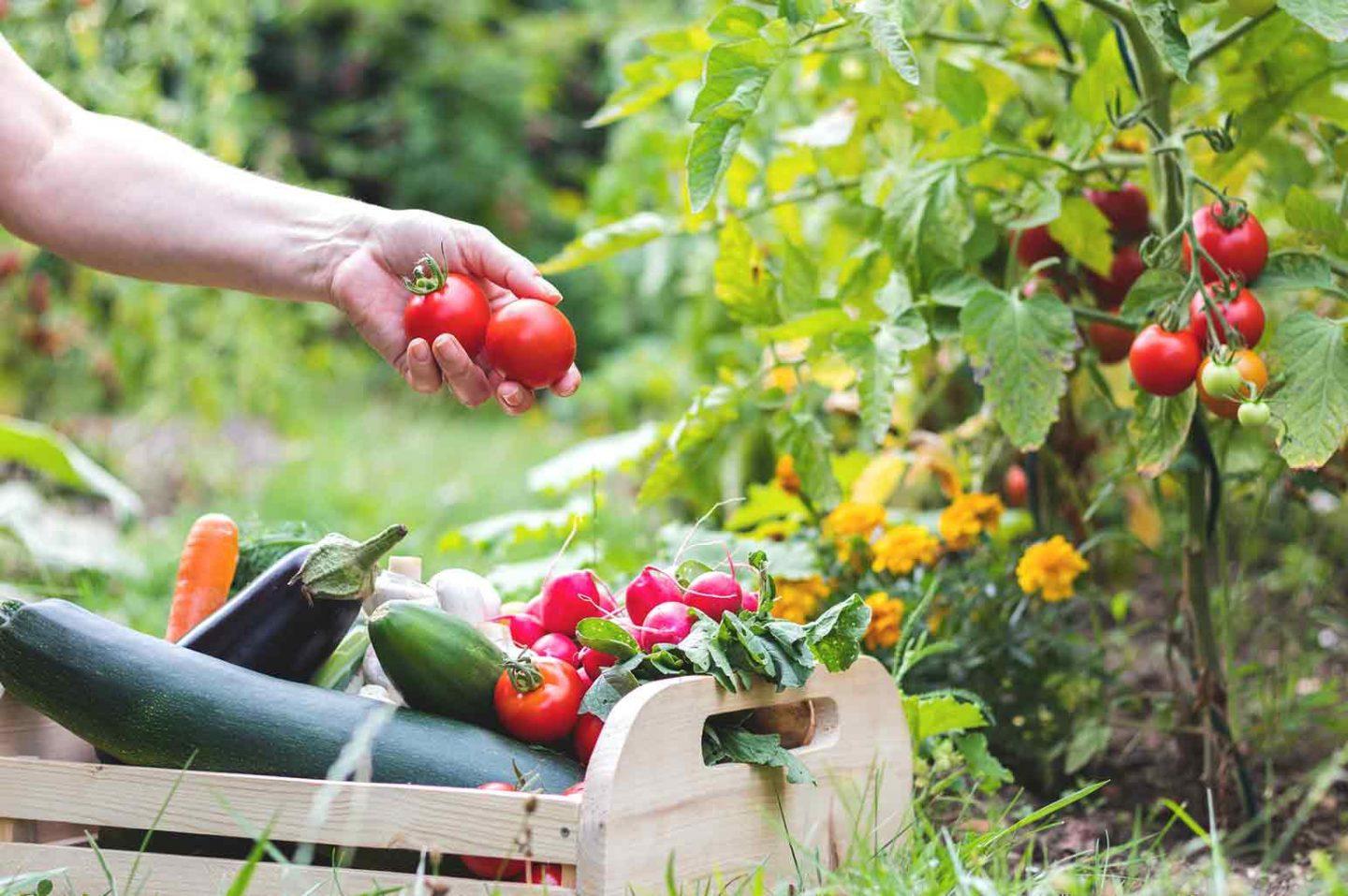You’d be setting yourself up for failure if you neglect the health of the soil you intend to plant on. This is of paramount importance and determines how well your plants will thrive. And you’ve most likely heard this said many times but still have yet to fully understand what that really means. There are many components to soil’s health that directly impact its quality so let’s jump right in.

Soil Should Be Packed With Nutrients
There is no better or more natural way to ensure that this is the case for your soil than by using earthworm poop. That may sound gross, but this is actually considered the gardener’s secret weapon and the world’s most potent form of natural fertilizer. So what’s so awesome about what they bring to the table?
Well containing up to seven times more phosphorus, five times more nitrogen, and two times more calcium, Ph.D. Barley says worm castings contain more essential plant nutrients than soil itself. The shape and structure of the stool make it difficult to be compacted as the soil can get. This allows more air into the ground, causing plants to grow faster and healthier. These also help the earth to contain more water for longer. This natural pesticide has no harsh or heavy metals and is sure to increase your crop yield.
Composting Is Your Friend
If you are unaware, this basically entails allowing organic waste like discarded vegetables, fruits, fungi like mushrooms, or even tree bark to degrade. When it becomes like mulch, it should be integrated into the soil to re-incorporate any lost minerals and nutrients. Manure and leaf mould can also be used.
This is ideal for all types of soil. In light soils, the compost allows the earth to hold on to more moisture, and in dry clay soils, it helps break apart chunky particles allowing for better drainage and less cracking. As another all-natural boost for the soil, you cannot go wrong with its use.
Composting is very easy to do. You collect your organic waste into a pile or a bucket, add in some soil and leave the rest to nature. This is an example of cold composting, which will take approximately one year to develop. For a faster compost, try hot composting. Incorporate into your pile some water, nitrogen, carbon and leave exposed to the open air. These elements will feed the bacteria resulting in faster degradation.
PH, Macro And Micro Nutrients Count
Dr. Nair underscores the importance of soil testing yearly during the fall or the spring. Every gardener should know the soil’s pH, levels of macro and micronutrients, and electrical conductivity, among other factors. PH is relevant in the growing of vegetables. Most require a slightly to moderately alkaline base. You could be trying and failing at growing these crops because your soil is too acidic. This knowledge will save you time and money.
Nutrient density and fertility are important for great yields but also high-quality crops. Magnesium is needed for efficient photosynthesis as a key component of chlorophyll. Calcium is required for cell wall development. If your crops have been exposed to drought, this deficiency could be a serious concern as it leads to weak roots and eventually poor fruit. A proper amount of potassium in the soil leads to good water regulation. This means more resistance to diseases and greater sustenance in times of drought. Apart from these macronutrients, the micronutrients like copper, sodium, and zinc should not be forgotten.
Guard Against Erosion
Be on guard against erosion and other sorts of natural phenomena that can get rid of the top layer of soil, which is considered most fertile. Try terracing to reduce the likelihood of cuts or canals in the ground formed by a lot of water. Instead, this allows for water to more fully and safely saturate the earth. Plant green manure crops like and cover crops to give the soils some reprieve and combat erosion. Crop rotation will also allow for the complete utilization of the soil as different crops need varying nutrients and minerals in unique amounts.
Good soil is imperative for good produce. You cannot have one without the other. The most important is to ensure the ground remains full of nutrients and minerals as these will be siphoned by the continuous planting of crops. Get your soil tested for both micro and macronutrients. Give the earth you intend to use the best shot as producing high-quality vegetables by starting the process off right with worm casting. You will not regret any of these tips once tried.